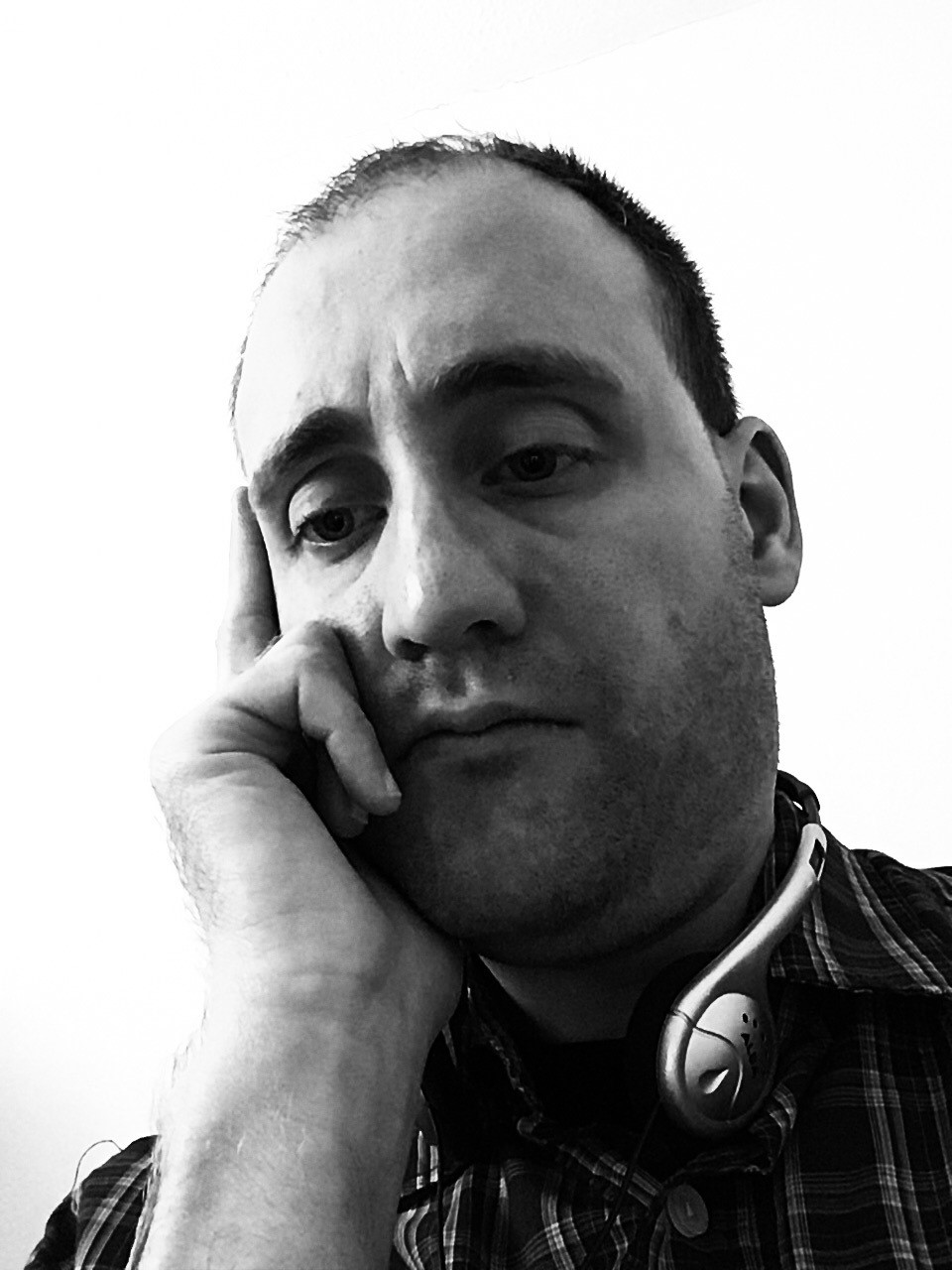




QUICK AND DIRTY: LIVE FROM TALLINN
Some films are like the quiet whisper of a gentle breeze. It’s an appropriate way to describe Lithuanian director Romas Zabarauskas’ beautifully reflective fourth feature, The Writer, or at least that’s how it feels. While it might lack the umph of bigger storytelling, the conversation between two lovers reunited, hits upon themes and ideas that land with a weighty delivery.
Thirty years ago, Russian born Kostas (Bruce Ross) emigrated from Lithuania to America, leaving behind his lover, Dima (Jamie Day), who he met during their mandatory service in the Soviet army. Following the publication of Kosta’s new book, 1990, Dima arrives in New York under the pretence of a job interview. The real reason he’s travelled to America is to discuss Kostas’ latest work.
The film is predominantly two characters talking in an apartment. Zabarauskas and his co-writers, Marc David Jacobs, Anastasia Sosunova and Artūras Tereškinas, invite the audience to eavesdrop on their private and intimate conversation, first in public, then in private, when Kostas invites Dima back to his place for dinner. The nature of the set-up contextualises The Writer as a voyeuristic work, but the director’s playfulness with the film’s aesthetic makes it more interesting than the label suggests.
Kostas and Dima don’t talk like people in a film talk – there’s a noticeable rhythm to the dialogue, and inflection on the words that sounds like a stage play. The staging may be partly responsible for this impression, but it nonetheless feels deliberate, as if Zabarauskas is merging the film and theatrical forms. In one playful scene, Kostas and Dima dance. Suddenly, as in a staged production, the lighting scheme is changed by the lighting technician off stage. The subtlety of film to mask its contrivance momentarily disappears, and here, the voyeuristic context changes.
The Writer is a play within a film, and whereas cinema creates an illusion of reality, theatre requires the audience to use their imagination to in order suspend their disbelief. The moment the film’s contrivance fades, it becomes less voyeuristic and more exhibitionist. The jazz score is like an intermittent whisper or a third voice. It’s sometimes unnoticeable, but there are other times the music emphasises the emotions of the moment. Zabarauskas approaches the soundtrack as a complement to the diegetic sounds. The dialogue and sound of Kostas and Dima’s voices are able to breathe, liberated from musical accompaniment. As the film progresses, we recognise the texture of their voices, while the sounds of their movement and the wine glasses being placed down on the table, comprise a noticeably engaging audio landscape.
Admittedly, the conversation becomes heavily academic at times, which could put off some audiences. Their intelligence, however, feels true to their characters, and the appeal of the film is the provocative and thoughtful back-and-forth dialogue. Not always easy going, Zabarauskas and his co-writers tease what feels like an escalation towards, if not explosive moments, then a dredging up of contentious differences of opinions and memories that could see their reunion end bitterly.
They talk about two of the three things we’re told we should never discuss: politics and religion. Their discussion has that prickly energy of two people that can provoke one another, in a way only friends can, exposing the adversarial side of friendship.
Kostas and Dima’s intellectual musings are intimate details of lives lived. They can speak about the violence of living under Soviet occupation and the xenophobia towards homosexuality. One of the enthralling disagreements the pair engage in is the disagreement over the legitimacy of choice. Kostas argues that living under tough circumstances strips away the person having a choice, whereas Dima challenges this supposition. It’s a thread that will run throughout the film, revealing a meticulous attention to detail.
The film also asks about whether our nationality makes us morally responsible for our country’s actions, but it’s Kosta and Dima’s different point-of-views on this and the other subjects, such as capitalism and socialism, stigma about one’s sexuality that energises the discourse. Zabarauskas and his co-writers home in how ideas are malleable, and how they are filtered through the subjective gazes, and the messy, non-linear nature of relationships. Throughout the concise 85-minute running time, they discuss immigration, sex and work, their nationalities, families, and relationship. This infuses the film with an insightful and introspective energy. The film’s driving interest is the idea of how we’re defined by our choices, for better or worse, but it’s effectively supported by a broad themes and ideas.
What’s striking is how Kostas has filled his apartment with nice things. His shelves are lined with books and he tells Dima that if he wants to know who he is, to read the books he has read, not the books he has written. Beneath his pleasant apartment is the soul of the man, who’s present and future is built atop of the catacombs of his memories. The story is a reflection of how we carry our pasts with us, even as we build our future, and to understand our own story requires us to understand the story of those dearest to us.
The Writer plays in the Baltic Film Competition of the 27th Tallinn Black Nights Film Festival. Read our dirty review of the Lithuanian filmmaker’s previous feature film The Lawyer that premiered at BFI Flare.





















